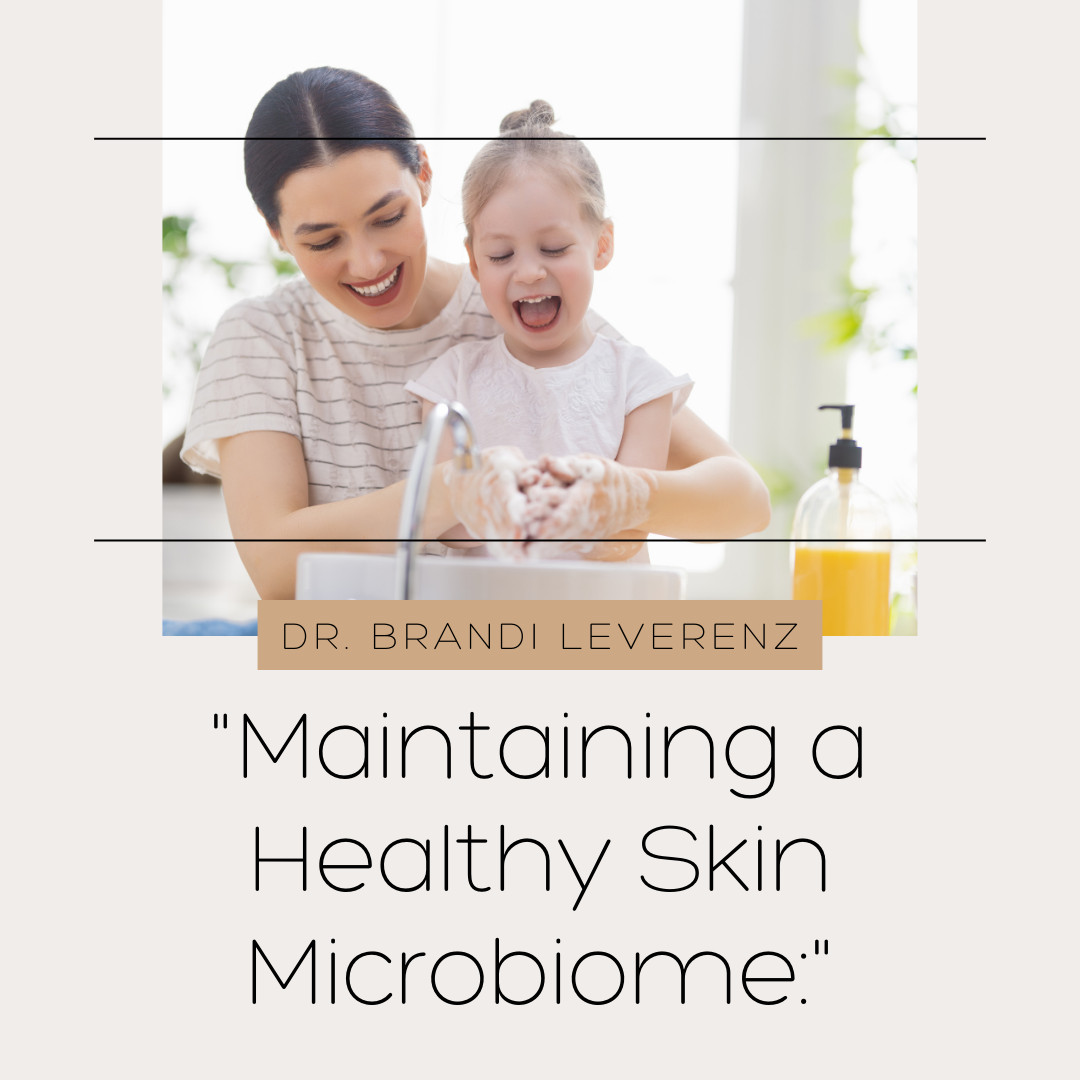
In the quest for good hygiene and combating germs, anti-bacterial soaps have become a common household item. However, recent research suggests that they might not be as beneficial as once thought, especially when considering the health of our skin microbiome. The skin microbiome consists of the trillions of bacteria, viruses, and fungi that reside on our skin. It plays a crucial role in protecting against pathogens, training our immune systems, and even preventing certain skin disorders.
Drawbacks of Anti-Bacterial Soaps:
1. Impact on Microbiome: Studies have shown that the ingredients in anti-bacterial soaps can disrupt the delicate balance of the skin microbiome. The indiscriminate killing of bacteria doesn't just eliminate harmful pathogens but also the beneficial organisms that contribute to our health and skin's natural defense mechanisms. A study published in the Journal of Antimicrobial Chemotherapy notes that frequent use of anti-bacterial products can significantly alter the composition of the microbiome.
2. Antibiotic Resistance: The overuse of anti-bacterial soaps contributes to the growing concern of antibiotic resistance. When bacteria are exposed to anti-bacterial agents regularly, they can develop mutations that make them resistant. This resistance can then be passed on, making it harder to treat common infections. The Centers for Disease Control and Prevention (CDC) highlight the critical global threat posed by antibiotic resistance, exacerbated by the misuse of anti-bacterial products.
3. Minimal Benefits Over Regular Soap: Research has consistently shown that when it comes to preventing illness and removing dirt and germs, regular soap and water are just as effective as anti-bacterial soaps. The FDA has stated that there is no evidence that anti-bacterial soaps are more effective at preventing illness than washing with plain soap and water.
Benefits of Maintaining a Healthy Skin Microbiome:
1. Enhanced Protection: A healthy skin microbiome forms a natural barrier against pathogenic invasion, reducing the likelihood of infections and illness.
2. Improved Skin Health: Balanced skin flora can help to regulate skin conditions such as eczema, acne, and dryness. It maintains the skin's pH and produces natural moisturizers that keep the skin hydrated and healthy.
3. Immune System Modulation: The skin microbiome plays a role in educating the immune system, teaching it to recognize friendly versus harmful organisms, which can reduce the incidence of allergic reactions and inflammation.
Given these considerations, it's important to explore alternatives that support the health of our skin microbiome. Essential oils, for instance, have been traditionally used for their antimicrobial properties without disrupting the skin's natural balance. Incorporating gentle, natural products into our hygiene routines can nurture rather than harm our microbiome, promoting overall health and wellbeing.
Our family uses plant-based soaps for our body and home. Check out this collection to get started: Skin Microbiome Home Essentials








